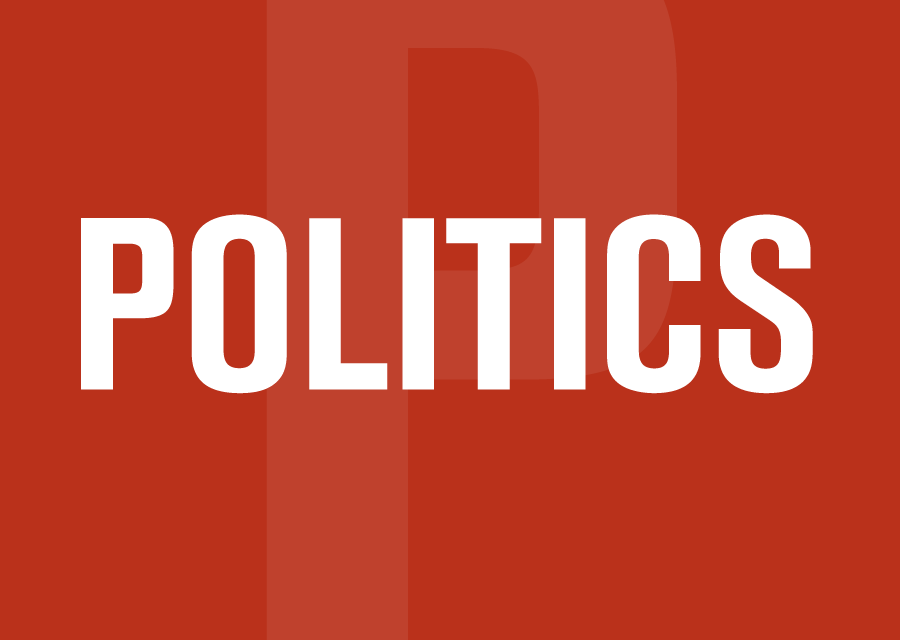Just last month many political watchers were cheered by the belief that the country’s unity was in the best shape it has been in years. The source of the optimism was the Quebec provincial election campaign. For the first time in about half a century, separatism was not an issue in the election and better yet, federalist parties finished one-two in the voting.
But if, as the saying goes, a week in politics is a long time, six weeks is an epoch. The happy thought that French-English relations are in a better place in Canada has been dispelled. Doug Ford’s unruly Ontario Conservatives are the main disturbers of the peace, but the new minority Tory government in New Brunswick is also sailing close to the wind on the issue.
Ford, whose administration is starting to take on some of the circus-like characteristics of his late brother’s Toronto mayoralty, raised the ire of politicians from Justin Trudeau on down with his government’s decision to axe Ontario’s French-language services commissioner and kill plans for a French-language university.
The claim by Ford’s Minister of finance is that the moves – part of a fall fiscal update – were among the “tough decisions” needed to pull Ontario out of its “fiscal hole.” But the savings to be achieved by transferring the language commissioner’s responsibilities and tiny budget to the ombudsman will be minimal.
The French-language university, designed to serve the 400,000-plus francophones in the Toronto area, was announced by the previous Liberal government in 2017, and on the campaign trail the Conservatives committed to carry through with it. It had a heftier price tag – about $80 million split between the province and the federal government. But the excuse that the Conservatives are using to break the promise for fiscal reasons looks weak in light of another lowlight in the finance minister’s update – cancelling a planned surtax on high-income earners that would have generated $275 million in revenue.
The Ford government’s questionable action brought immediate denunciation from the Quebec media, with some opinion writers predictably questioning that province’s place in the federation. Quebec’s English minority also spoke out against the move and Ottawa’s Le Droit, the voice of Franco-Ontarians, called the day of the fiscal update “A Black Day for Francos.”
Higgs-PA dance
Meanwhile, as Jacques Poitras of CBC New Brunswick reported last week, Blaine Higgs and his New Brunswick Conservatives are busy snuggling-up to the bilingualism-averse People’s Alliance (PA). Although Higgs promised to work with all parties in the minority legislature, he has been consulting the PA and its three MLAs while leaving the Greens and its three members out in the cold. The PA, which helped to bring down the minority Liberal government and put the Tories in power, had input into this week’s throne speech, the province’s stand on carbon pricing and new ambulance policy that will reduce the need for bilingual paramedics. The Greens, who supported the Liberals, have not been consulted on the speech, and Leader David Coon was deliberately excluded from a briefing on carbon pricing from federal officials because his party supports the idea.
Higgs’ collusion with the reactionary PA can perhaps be explained (if not condoned) as a simple thirst for power. Even though the combined Conservative-PA vote share was 5.2 percentage points lower than the combined Liberal-Green vote (49.7 to 44.5), the rotten system of first-past-the-post gave the right-wing parties one more seat in the legislature, an advantage the Conservatives have been determined to press, regardless of optics. “I’m here today in front of you because the Alliance party supported me to be here,” Higgs acknowledged last week.
Ford v. Scheer
The political motivation of Doug Ford and his Conservatives is murkier. In defending his moves, Ford has come across as everyman, unfamiliar with the historic justification for French-language minority rights.
Taking a leaf from his late brother’s populist playbook, Ford has made public his office telephone number and spent time on the weekend returning some of the angry calls received from Franco-Ontarians. The Ottawa Citizen interviewed two women who heard back from Ford. They both said he was respectful to them, and expressed affection for Franco-Ontarians, but that he didn’t seem to understand the Official Languages Act, which protects the minority language rights of francophones in the province.
Ford hauled out a shopworn argument for denying French-language rights, reportedly telling each of the women that although there are 600,000 Franco-Ontarians, there are also 600,000 Chinese Ontarians and 600,000 Ontarians of Italian heritage, and the provincial government can’t afford to please everybody. If that reasoning sounds familiar, it’s because 120 years ago anglophone politicians in the Prairie provinces used the influx of immigrants from eastern Europe – wishing to preserve many different languages – to justify English-only education and the denial of French-language rights.
National pundits were quick to point out that Ford’s actions would hurt federal Conservative chances in the next election, severely damaging hopes of picking up seats in Quebec, or even holding the ones they have. As columnist and commentator Chantal Hebert put it: “Make no mistake. By putting Ontario’s francophone minority on his fiscal hit list this week, Premier Doug Ford has placed his federal ally Andrew Scheer in harm’s way”.
But jeopardizing Scheer’s chances may be the point of the exercise. If Scheer fails badly in 2019 the Conservatives may be looking for a new leader. Ford, who went from failed mayoralty candidate to provincial premier without working up a sweat, could make himself available.Or perhaps the community college drop out just needs to read up a bit on Canadian history, realize he’s playing with fire and stop feeding red meat to the separatist cause.
-30-





Perhaps Ford & Higgs should be airbrushed from that Maclean’s “Trudeau’s Nightmare” cover.
Higgs seems to have missed the deadline for the cover – can he be airbrushed in?